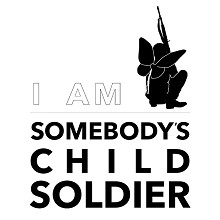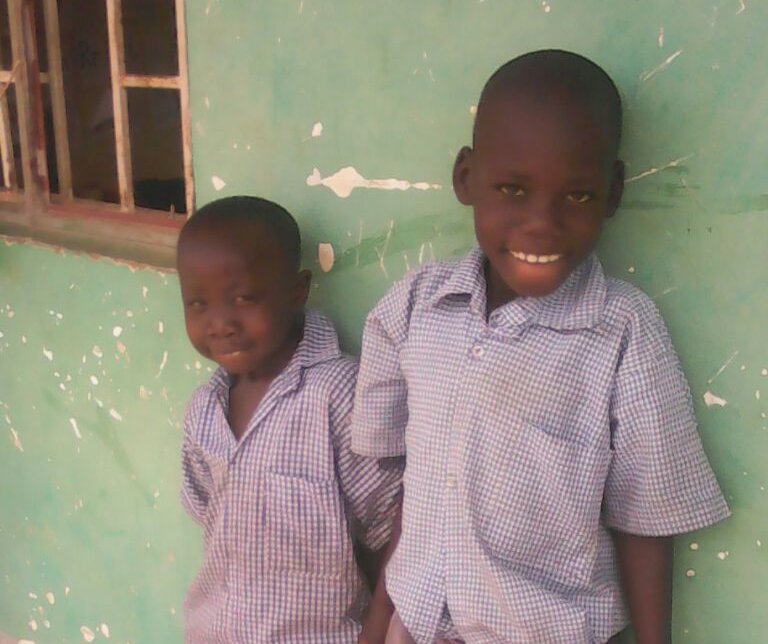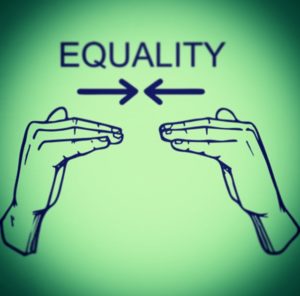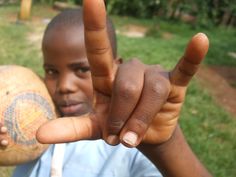The young deaf people in Uganda
Even though the Lord’s Resistance Army (LRA) has stopped abducting children in Uganda since 2006, some remain captive in other parts of East Africa by the LRA while some suffer from the aftermath of a lengthy brutal period. Indeed, very few of those who participated in the war and were associated with armed forces and groups are now healthy persons.
For all of these children who are now young people, the current situation is particularly complicated. Almost none of them have received a basic education and not all of them have been welcomed back to their former homes or accepted by their communities. Many of them are poor and are suffering from a physical and/or a mental disability. Even worse, some children have become deaf as a result of the war – their hearing impairment mainly due to the actions of the LRA that forced them to become soldiers or to perform other roles on the battlefield such as those of porters or spies in the 1990s and the early 2000s.
Sadly, the situation is more dramatic for children with this disability as some people perceive deafness – the state of being unable to hear any sound – as a punishment from God while others believe that deafness is due to witchcraft. For young deaf people who are victims of social inequalities, the struggle to achieve a decent quality of life is even harder than it is for their non-hearing-impaired counterparts.
Challenges faced by deaf children
Stigma and discrimination from members of their families or community members are frequently experienced by deaf children. Examples include insults and, especially, derogatory descriptive titles which have an emotionally and/or psychologically negative impact on these children, causing issues such as depression and anxiety. Due to their inability to report abuse, deaf youngsters are also victims of maltreatment and neglect that can have devastating effects on their development. For some deaf children, attending school is not possible as their parents fear that if they go to school alone they will get lost or get into an accident. Even if they do attend school, they often face a communication barrier – the same situation that exists in all of their other social environments – and other difficulties such as limited to no access to special scholastic materials for the deaf. As a result of their hearing impairment, they miss out on education, skills training and social opportunities. Furthermore, since a lot of deaf children come from poor households, they have inadequate access to health care and health care facilities, as well as poor nutrition. This isolation affects their standard of living and prevents them from enjoying their human rights.
Give a voice to vulnerable children
To counteract the challenges faced by hearing-impaired children, we should pay attention to raising awareness in communities about the deficiency of information on this neglected group so as to be responsive to the needs of deaf children. By encouraging guardians of deaf children to send their youngsters to school, the latter can learn how to communicate using Ugandan sign language.
Deaf children shouldn’t be isolated but should be given the opportunity to participate fully in their communities. Hence, for all of those deaf children who haven’t had the opportunity and aptitude to attend school, vocational training is the answer. This is the aim of our main campaign. Together we can change the lives and improve the wellbeing of deaf children in Uganda. Thanks for your support.
Sources:
http://digitalcommons.ilr.cornell.edu/cgi/viewcontent.cgi?article=1322&context=gladnetcollect
http://www.anppcanug.org/wpcontent/uploads/research_reports/sit_analysis_silent_voices1.pdf



